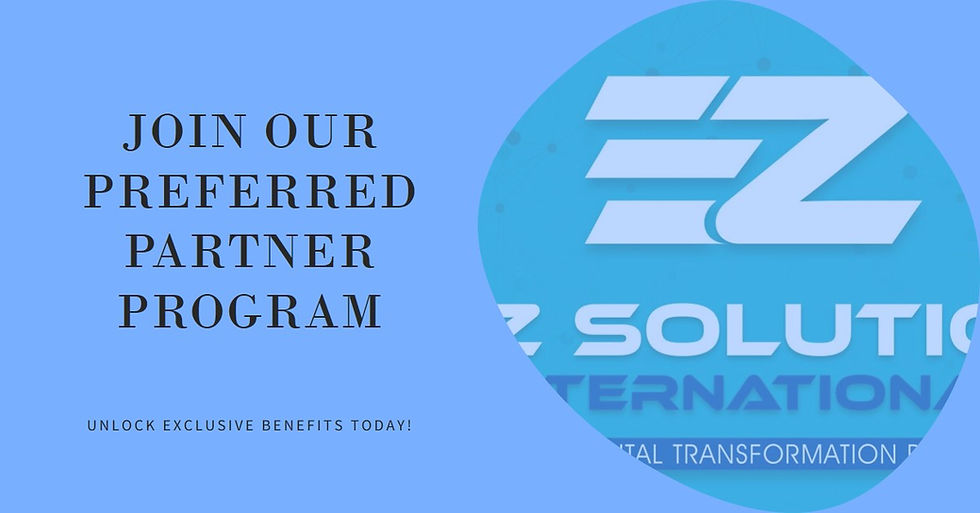Part 1 - Exploring Headless Commerce: SAP Commerce Cloud vs. Salesforce Commerce Cloud
- victorzhagui
- Jun 24, 2024
- 2 min read
What is Headless Commerce?
June 24, 2024
Headless commerce is a decoupled approach to eCommerce architecture where the front end (presentation layer) is separated from the back end (commerce engine). This separation allows businesses to deliver seamless and personalized experiences across multiple channels without the constraints of traditional monolithic platforms.
Key Benefits of Headless Commerce:
Flexibility: Customize the front end independently of the back end.
Scalability: Easily scale different parts of your eCommerce system.
Speed: Faster time-to-market for new features and updates.
Omnichannel Experience: Consistent customer experience across all touchpoints.
SAP Commerce Cloud
Overview: SAP Commerce Cloud, part of the SAP Customer Experience suite, is a robust and versatile headless commerce solution designed for large enterprises. It offers extensive capabilities for managing product content, customer experiences, and omnichannel fulfillment.
Key Features:
Personalization: Advanced targeting and personalization tools.
Extensibility: Easily integrate with SAP and third-party systems.
Scalability: Designed to handle high transaction volumes.
Analytics: Comprehensive analytics and reporting tools.
Pros:
Seamless integration with SAP's suite of enterprise solutions.
Strong support for B2B and B2C business models.
Extensive global and local compliance capabilities.
Cons:
Higher complexity and implementation cost.
Requires expertise in SAP systems.
Salesforce Commerce Cloud
Overview: Salesforce Commerce Cloud, formerly known as Demandware, is a leading headless commerce platform known for its agility and ease of use. It is part of the Salesforce Customer 360 platform, enabling businesses to leverage the power of Salesforce's CRM and marketing tools.
Key Features:
Unified Commerce: Seamless integration with Salesforce CRM.
AI-Powered Personalization: Einstein AI for personalized experiences.
Global Scalability: Easily scale operations worldwide.
Mobile-First Approach: Optimized for mobile commerce.
Pros:
Strong ecosystem of third-party integrations and apps.
Excellent support and community resources.
Rapid deployment and ease of use.
Cons:
Licensing costs can be high for smaller businesses.
May require additional customization for complex use cases.
Conclusion
Both SAP Commerce Cloud and Salesforce Commerce Cloud offer powerful headless commerce capabilities that can transform your eCommerce strategy. Your choice between these platforms should be guided by your specific business needs, existing technology stack, and long-term goals.
SAP Commerce Cloud is ideal for large enterprises seeking a comprehensive and integrated solution, while Salesforce Commerce Cloud is perfect for businesses looking for agility and seamless CRM integration.
By focusing on the specific strengths and considerations of SAP Commerce Cloud and Salesforce Commerce Cloud, this blog post aims to provide a clear and concise comparison, aiding businesses in making informed decisions for their eCommerce strategies.
At EZ Solution Int., we are committed to helping you navigate the complexities of digital transformation. Contact us today to learn how we can support your journey towards a flexible, scalable, and future-proof eCommerce solution.
Victor Zhagui, MBA, SMC, SPOC
President and Founder, EZ Solution Consulting
LinkedIn: EZ Solution International, Inc
Website: www.ez-solution.net




Comments